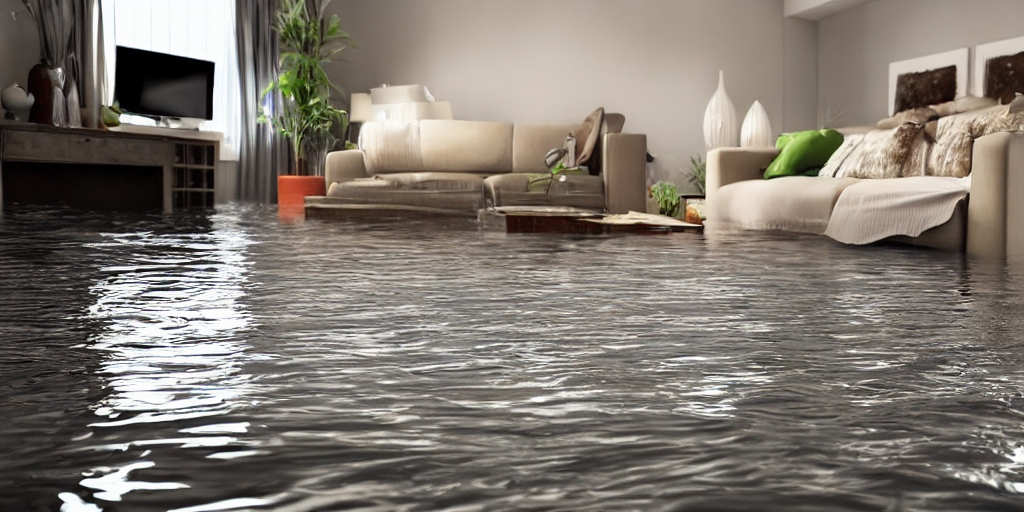Water damage can strike unexpectedly, causing havoc and stress. Whether it’s a burst pipe, flooding, or any other water-related mishap, the immediate aftermath requires quick and effective action. In this guide, we will walk you through essential steps to take after water damage occurs, how to clean your house, the repercussions of neglecting water cleanup, and the importance of professional water damage restoration. Additionally, we will provide insights into water damage emergency clean up services, including reviews, costs, and finding the right professionals near you.
Immediate Actions After Water Damage
What should I do immediately after water damage?
- Safety First: Before anything else, prioritize safety. Turn off the electricity to prevent electrical hazards. If the water damage is extensive, consider evacuating until it’s safe to return.
- Assess the Situation: Identify the source of the water damage and try to stop it if possible. Whether it’s a leaking roof, burst pipe, or flooding, understanding the cause is crucial for effective cleanup.
- Document the Damage: Take photos or videos of the affected areas. This documentation can be essential for insurance claims and working with restoration professionals.
- Remove Standing Water: If it’s safe to do so, start removing standing water using buckets, mops, or a wet/dry vacuum. The sooner you extract water, the lower the risk of secondary damages like mold growth.
Also Read: The Essential Guide to Water Damage Emergency Clean Up
How to Clean Your House After Water Damage
How do I clean my house from water damage?
- Dry and Dehumidify: Use fans and dehumidifiers to accelerate the drying process. Ensure proper ventilation to prevent mold growth.
- Remove Damaged Items: Discard irreparably damaged items. Items that can be saved should be moved to a dry area to prevent further harm.
- Clean and Disinfect: Thoroughly clean all surfaces with a mixture of mild soap and water. Disinfect affected areas to eliminate bacteria and prevent health issues.
- Inspect for Mold: Keep a vigilant eye for any signs of mold growth. Mold can begin to develop within 24-48 hours after water exposure.
Consequences of Neglecting Water Cleanup
What happens if you don’t clean up spilled water?
Neglecting water cleanup can lead to severe consequences, including:
- Mold Growth: Standing water and damp conditions create an ideal environment for mold to thrive, leading to potential health hazards.
- Structural Damage: Prolonged exposure to water can compromise the structural integrity of your home, causing damage to walls, ceilings, and floors.
- Health Risks: Standing water can become contaminated, posing health risks due to bacteria and other pathogens.
Water Damage Emergency Clean-Up Services

How do you clear water damage?
- Professional Assessment: Engage a professional water damage restoration service to assess the extent of the damage and develop a restoration plan.
- Water Extraction and Drying: Professionals use specialized equipment to extract water and ensure thorough drying to prevent further damage.
- Mold Remediation: If mold is present, professionals will conduct mold remediation to remove and prevent its growth.
Also Read: Exploring Water Damage Remediation Near Me: Your Comprehensive Guide
Conclusion
Taking immediate action, cleaning your house promptly, and seeking professional assistance are key steps in mitigating the consequences of water damage. Investing in water damage restoration not only safeguards your property but also ensures your family’s health and well-being.










